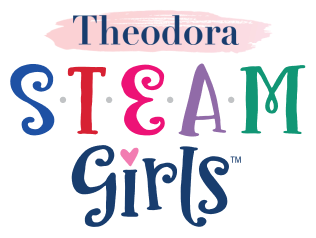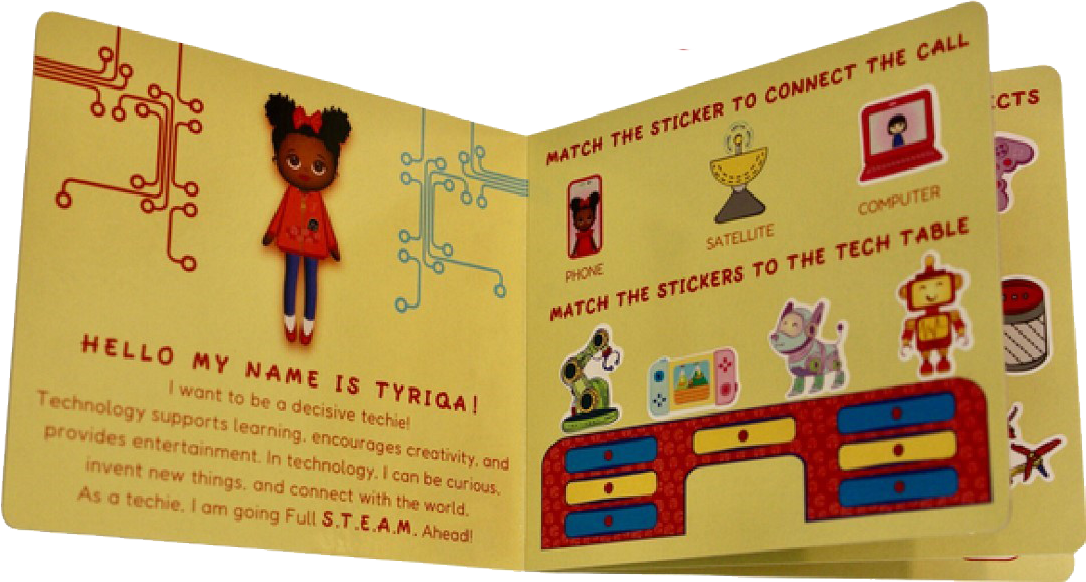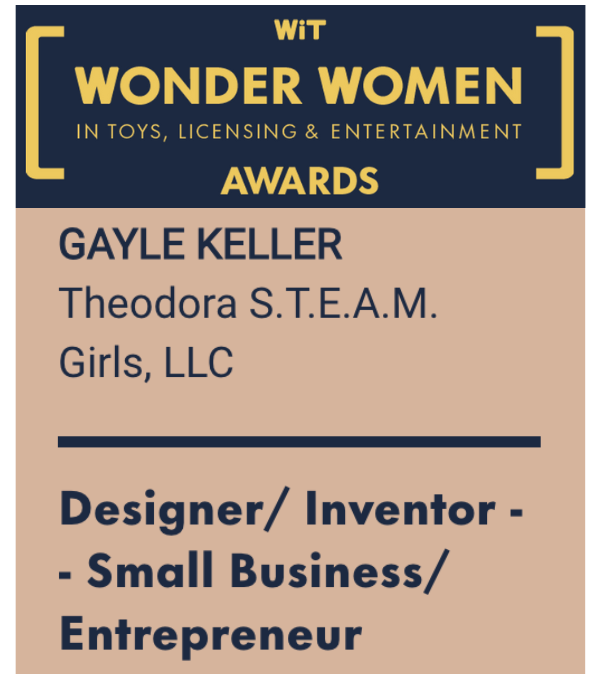Play is incredibly important for kids’ growth and learning. We all understand that play is not about having fun only; it’s how children explore the world, develop essential skills, and make sense of their experiences.
For kids, playtime is a time for laughter, excitement, and joy, where they can plunge themselves into activities that bring them happiness and satisfaction. This satisfaction aids in comprehensive mental and physical development. Educational toys and games are special because they provide children with opportunities to explore and discover the world around them in a fun way. They help kids learn while they play, making learning feel like an adventure.
Understanding Educational Toys and Games
Educational toys and games are specially designed tools and activities that encourage learning while engaging children in play. Unlike regular toys, they are intentionally crafted to stimulate cognitive, physical, and social development in children.
These versatile toys and games often incorporate educational concepts such as math, science, language, and problem-solving skills, making learning enjoyable and interactive.
Different Types of Educational Toys and Games
Educational toys are designed with children’s developmental stages and abilities in mind, and provide opportunities for tactile exploration and manipulation, promoting sensory-motor development. Below are some examples representing a few of the many types of educational toys and games available, each offering unique opportunities for learning and growth.
- Puzzles: Puzzles come in various forms, such as jigsaw puzzles, shape sorters, and matching games, helping children develop problem-solving skills, spatial awareness, and hand-eye coordination.
- Building Blocks: Building blocks like LEGO or wooden blocks allow children to construct and create structures, promoting creativity, spatial reasoning, and fine motor skills.
- STEM Kits: Science, Technology, Engineering, and Mathematics (STEM) kits introduce children to fundamental concepts in these fields through hands-on experiments and activities. Examples include robotics kits, coding games, and science experiment kits.
- Board Games: Board games like Scrabble, Monopoly, and Chess teach children strategy, critical thinking, and social skills while having fun with friends and family.
- Role-Playing Toys: Toys such as doctor kits, kitchen sets, and dress-up costumes encourage imaginative play and help children develop language skills, empathy, and social understanding.
- Educational Doll Toys: Dolls that are designed to introduce STEM concepts to children. These dolls often come with accompanying books, activities, or accessories that explore science, technology, engineering, and mathematics. For example, “Theodora S.T.E.A.M Girls,” along with their activity books spark the curiosity of kids in various STEAM disciplines.
The Magic of Educational Toys and Games: Growth and Development
A. Boosting Brainpower
Educational toys and games challenge children’s problem-solving skills, encouraging them to think critically and find solutions to various puzzles and riddles.
By engaging in imaginative play with educational toys and games, children are free to explore endless possibilities and scenarios.
This process sparks their creativity, encourages them to think outside the box, and teaches them to approach problems with creativity and logic.
B. Getting Active and Agile
Educational toys and games often involve activities that require precise movements of fingers and feet, such as building with blocks or playing with balls.
Moreover, many educational toys and games involve tasks that require balance and coordination, such as walking on a balance beam or stacking blocks. By practicing these activities, children develop fine motor skills, and improve their balance and develop better control over their bodies.
C. Making Friends and Feeling Good
Educational toys and games provide opportunities for children to work together towards a common goal. Games like Scrabble, and Monopoly foster teamwork skills, communication, and cooperation, helping children learn how to collaborate effectively with others.
Through challenges and setbacks in games, children learn to bounce back from failures, develop resilience, and build confidence in their abilities.
D. School Smarts Made Simple
Educational toys and games often introduce children to academic concepts in a fun and engaging way, preparing them for the classroom environment. Activities such as counting, sorting, and letter recognition lay the groundwork for academic success and make learning enjoyable.
Educational toys and games make learning enjoyable and interactive, motivating children to explore new concepts and skills with enthusiasm.
Exploring Educational Doll Toys
Educational dolls play a unique role in the learning and development of little girls.
A. Learning through Play
Educational dolls engage children in imaginative play scenarios that encourage language development, empathy, and social understanding. Children can role-play with dolls, exploring different roles and relationships, which aids in their emotional and social development.
B. STEAM Concepts with Dolls
Some educational dolls are designed to introduce children to STEM concepts such as science, technology, engineering, and mathematics. These dolls come with accompanying books, activities, or accessories that spark curiosity and exploration in STEM disciplines. For example, “Theodora S.T.E.A.M Girls” dolls inspire children’s interest in various STEM fields through interactive play and learning materials.
C. Cultural and Historical Learning
Educational doll toys introduce children to different cultures and historical periods, providing opportunities to learn about traditions, customs, and historical events in an engaging way. Theodora dolls celebrate cultural representation, offering dolls that reflect various backgrounds and identities. Through play with these dolls, children can develop an appreciation for future change makers and expand their knowledge of the world around them.
D. Creative Expression
Educational doll toys stimulate children’s creativity and imagination, allowing them to invent stories, create characters, and explore new ideas. Doll play provides a creative outlet for self-expression and allows children to develop their storytelling and imaginative skills.
By incorporating educational dolls into playtime, children can enjoy the benefits of interactive learning experiences that promote cognitive, emotional, and social development. Educational dolls complement other educational toys and games, enriching children’s play experiences and fostering holistic growth and learning.
What makes Educational Toys Surpass Traditional Toys
A. Intentional Learning
Unlike traditional toys that primarily focus on entertainment, educational toys are intentionally designed to facilitate learning experiences. Each educational toy is crafted with specific learning objectives in mind, ensuring that children engage in purposeful play that promotes their cognitive, physical, social, and emotional development.
B. Targeted Learning
Educational toys provide targeted learning experiences that address specific developmental areas and skills. Whether it’s enhancing problem-solving abilities, improving fine motor skills, or promoting social cooperation, each educational toy is carefully crafted to support children’s growth in a particular area. This targeted approach ensures that children receive tailored learning experiences that cater to their individual needs and interests.
C. Enhanced Academic Performance with Active Participation
Research has shown that children who regularly engage with educational toys tend to demonstrate higher levels of academic achievement. By providing hands-on learning experiences that reinforce key academic concepts, educational toys help children develop a solid foundation of knowledge and skills that can contribute to their academic success in school and beyond.
D. Long-Lasting Impact
Early exposure to educational toys can have a lasting impact on children’s development and future success. The skills and knowledge acquired through play with educational toys lay the groundwork for lifelong learning, critical thinking, and problem-solving abilities that are essential for success in the modern world.
Whether it’s in school, career, or personal life, the foundation laid by educational toys can empower children to overcome challenges, pursue their passions, and achieve their goals in life.
Wrapping Up
Playtime is a fun time with traditional toys. However educational toys seamlessly integrate learning into play, making the learning process enjoyable and engaging for children. By concealing educational content within fun and interactive activities, these toys make learning feel like a natural and enjoyable part of playtime. This playful approach to learning encourages children to explore new concepts with enthusiasm and curiosity, fostering a love for learning that extends beyond the confines of structured educational settings.





